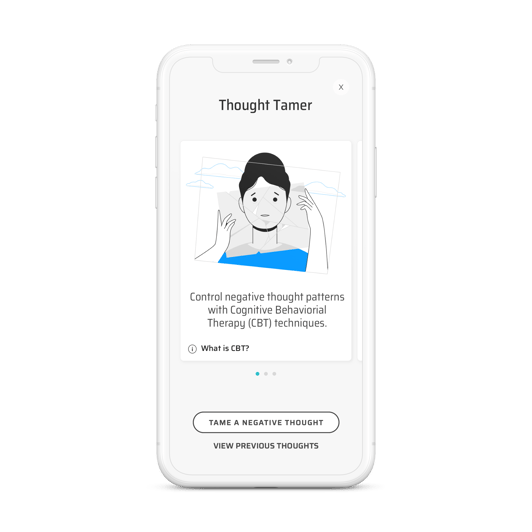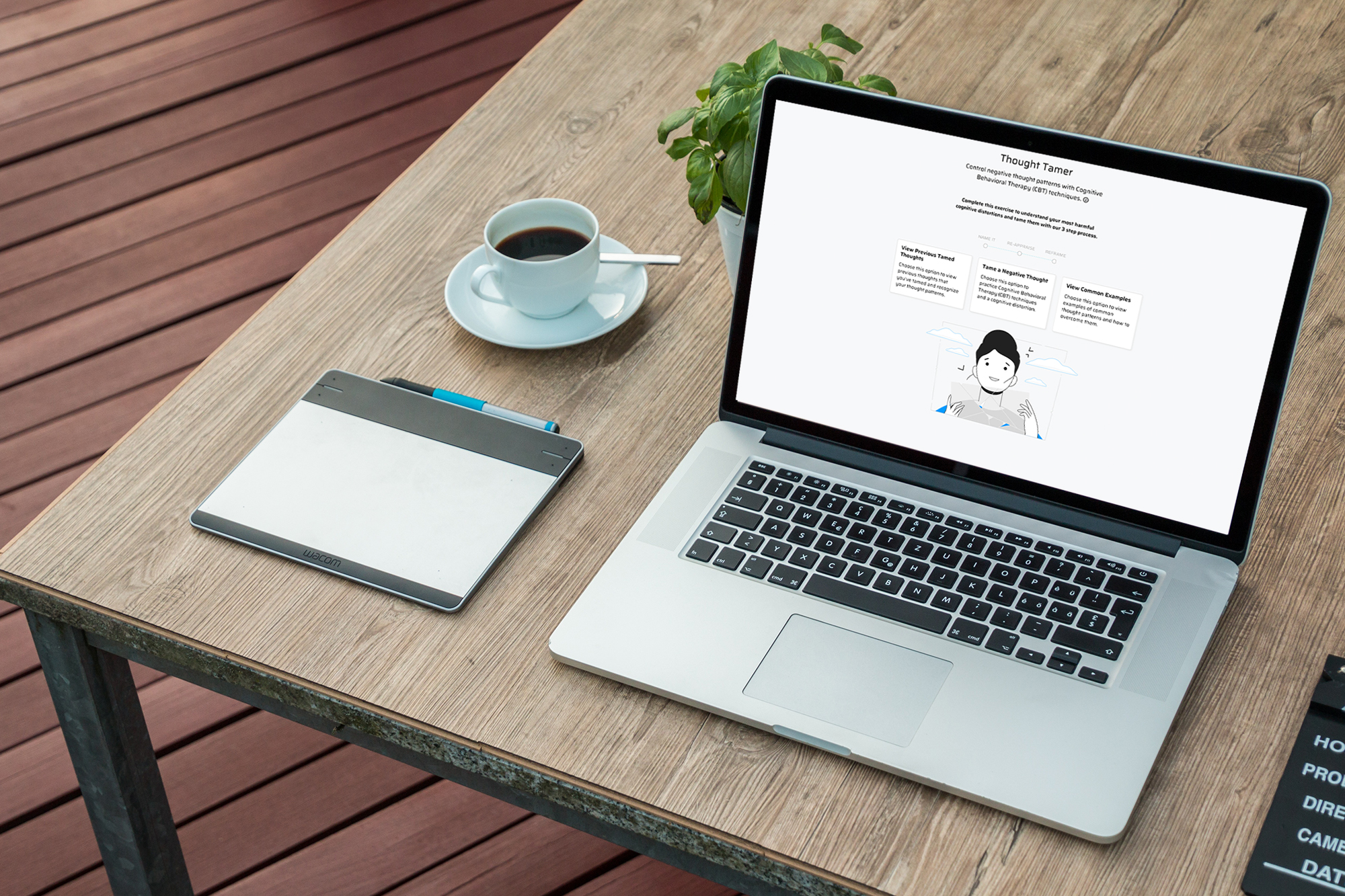By Beverly Hansen, RN, MBA on Fri, Mar 5, 2021
Long-awaited vaccine distribution may be giving Americans a reprieve from some of the stress and anxiety COVID-19 has wrought, yet risk of drug and alcohol addiction remains discouragingly high, according to the Mental Health Index. That means clinicians need all the resources they can get to serve patients who may have spent the last year abusing substances relatively unnoticed, due to pandemic isolation.
Nothing can substitute for addiction therapy and counseling, but digital self-care tools can serve an important adjunctive role – especially when it comes to supporting clients with in-the-moment cravings.
The Total Brain platform contains more than 40 clinically validated self-care tools and exercises designed to help clinicians provide patients with between-visit support. Here are two ways these neuroscience-based digital self-care tools help patients quell substance cravings:
- Calming the brain
During the process of recovery, stress and anxiety can trigger the sympathetic nervous system, which puts people in a state of fight-or-flight. They want to escape their thoughts and emotions by reaching for their addictive substance.
Patients can’t be with their therapists 24/7. That’s why thousands of clinicians are leveraging the Total Brain app to support patients when they need it most – in the moment of craving.
Total Brain provides a wide selection of breathing and meditation exercises patients can use when they need support. These guided exercises help patients take slower, deeper breaths, activating the parasympathetic nervous system to bring a state of calm, relaxation and safety. Patients regain their ability to think and reason, allowing them to forego the desired substance and choose another, healthier activity.
Sample a breathing exercise here, and a meditation exercise here.
Patients also can access a library of NeuroTunes soundtracks composed specifically to induce a calmer mood — something that is essential for minimizing addiction and substance abuse risks. These soundscapes can actually change brainwaves from beta to alpha and theta frequencies, which are known to help reduce addictive behavior patterns.
- Reclaiming and redirecting thoughts
When addictions hijack the mind, people struggle to control their thoughts. They often catastrophize, assuming the worst-case scenario, or they fall into conscious negativity bias, seeing everything through a half-empty lens.
Clinicians are leveraging Total Brain to ensure their patients have access to online exercises that reinforce skills they’ve learned in therapy, such as how to reframe and redirect their thoughts toward more reality-based, positive conclusions. For instance, Thought Tamer helps patients identify or write down negative thoughts and then “tame” them through a three-step process based on cognitive behavior therapy techniques.
Patients struggling with addiction can use Thought Tamer while experiencing a craving to name their unhelpful thoughts (“I’m a failure. I’ll never be able to kick this addiction.”) and reframe them more realistically and positively (“I really want a drink, but that’s because I’ve had a really hard day. I’ll give my friend a call instead.”)

- After the Craving: Daily “Workouts”
With Total Brain, clinicians can put helpful coping tools in the palms of their patients’ hands. Patients can use the digital self-care tools whenever needed, but the exercises also work as daily “workouts'' to strengthen and remap the brain. We recommend 15 minutes a day of self-care and breathing/meditation for at least 30 days to rebuild brain capacities that are affected by addiction. Together with addiction recovery therapy, this self-care practice, over time, can build new neural pathways that enforce healthier ways of thinking and coping with emotions.
To learn more ways to incorporate technologies like Total Brain into your practice, read our report: “6 Tools to Help Patients Combat Addiction.”
You can also talk directly to one of our experts for a free demo, and to learn how Total Brain might support your patients. Click here to get started.




comments